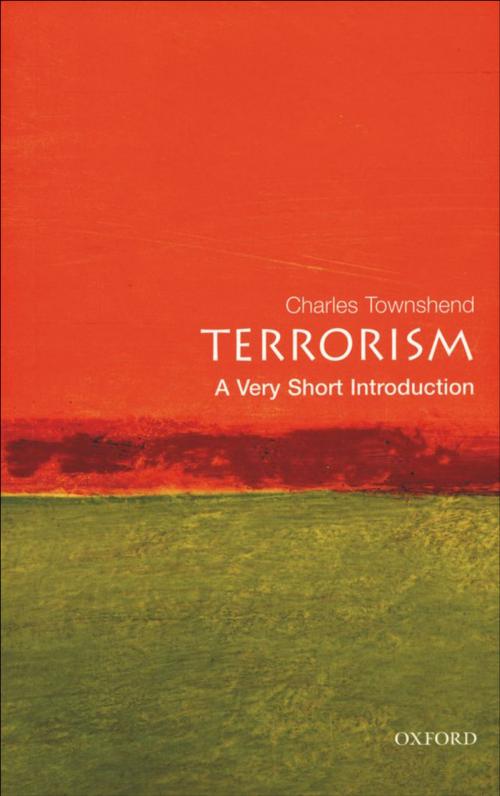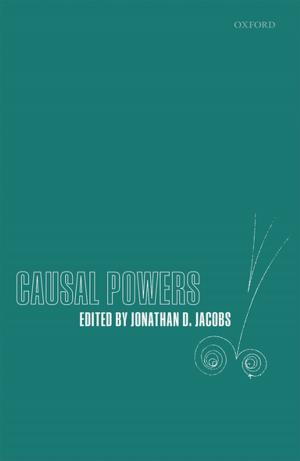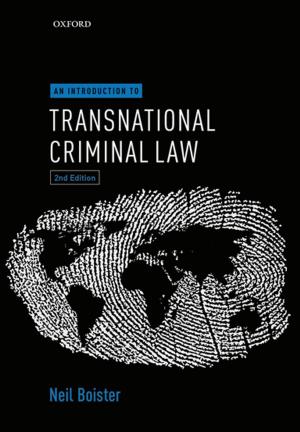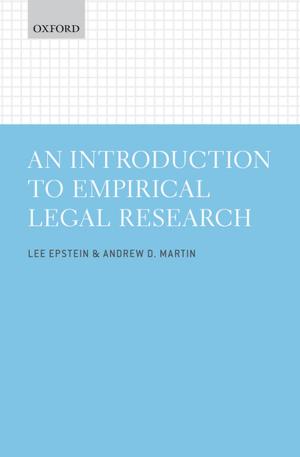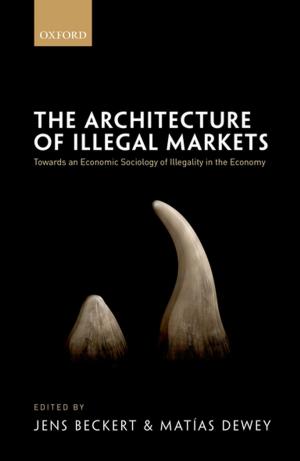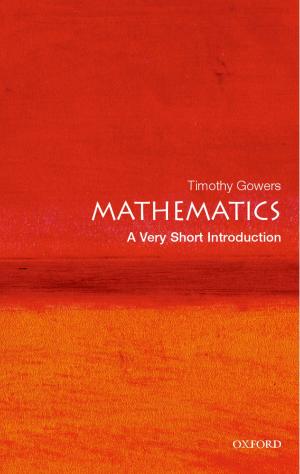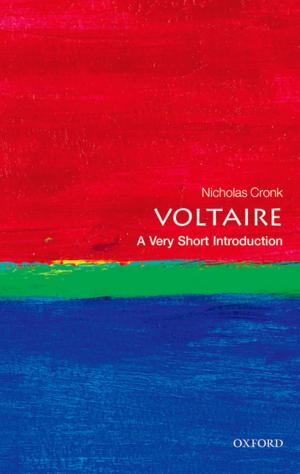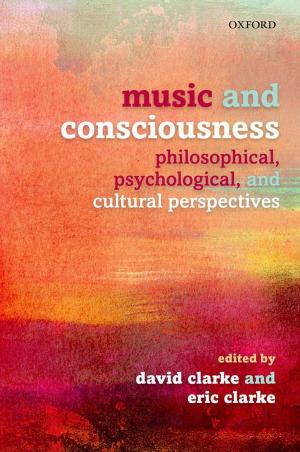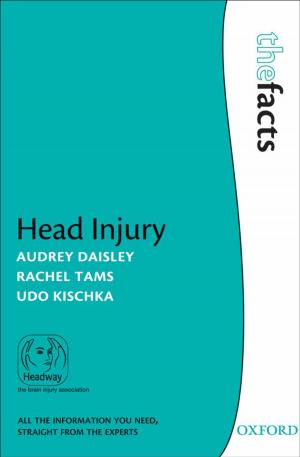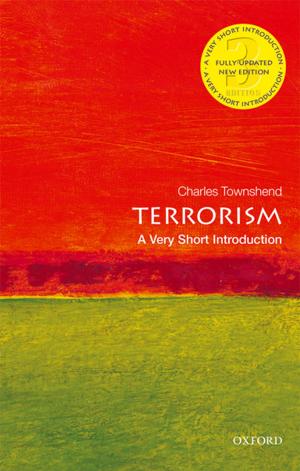Terrorism: A Very Short Introduction
Nonfiction, History, World History, Social & Cultural Studies, Political Science| Author: | Charles Townshend | ISBN: | 9780191579202 |
| Publisher: | OUP Oxford | Publication: | October 10, 2002 |
| Imprint: | Oxford Paperbacks | Language: | English |
| Author: | Charles Townshend |
| ISBN: | 9780191579202 |
| Publisher: | OUP Oxford |
| Publication: | October 10, 2002 |
| Imprint: | Oxford Paperbacks |
| Language: | English |
This book charts a path through the outpouring of efforts to understand and explain modern terrorism, by asking what makes terrorism different from other forms of political, military action; what makes it effective; and what can be done about it. It unravels complex central questions such as whether terrorists are criminals, whether terrorism is a kind of war, what kind of threat terrorism represents, how far media publicity sustains terrorism, and whether democracy is especially vulnerable to terrorist attack. It examines the historical ideological and local roots of terrorist violence, and the success of specific terrorist and anti-terrorist campaigns in the more distant as well as the recent past.
This book charts a path through the outpouring of efforts to understand and explain modern terrorism, by asking what makes terrorism different from other forms of political, military action; what makes it effective; and what can be done about it. It unravels complex central questions such as whether terrorists are criminals, whether terrorism is a kind of war, what kind of threat terrorism represents, how far media publicity sustains terrorism, and whether democracy is especially vulnerable to terrorist attack. It examines the historical ideological and local roots of terrorist violence, and the success of specific terrorist and anti-terrorist campaigns in the more distant as well as the recent past.
